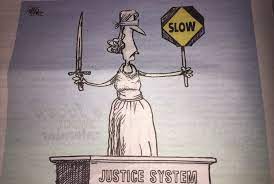This Article examines the challenges of intra-race legal representation for lawyers of color, law students of color, and those teaching law students of color by analyzing how the dynamics of the lawyer’s and client’s racial sameness impact legal representation. This Article brings together three strands of lawyering theory – the role of race in lawyering, critical race theory, and the role of the lawyer in intra-race legal representation. In doing so, this Article explores a number of provocative questions: Does being the same race as their clients make lawyers better legal representatives? Should lawyers of color embrace or resist race’s influence on intra-race legal representation? How do lawyers balance their desire to remain representative of their race with their responsibility to their clients? This Article also scrutinizes the role of the lawyer of color in intra-race legal representation by examining questions that are under-reviewed, such as: Do lawyers of color engage in the same explicit and implicit biases against their clients of color that lawyers of color similarly suffer? Do racial stereotypes tempt the lawyer to be more sympathetic towards, and understanding of, their same-race clients, or does it cause the lawyer to view the same-race client as an ‘other’? For lawyers of color and clients of color who seek same-race legal representation, this Article explores a difficult question— Is the lawyer of color representative enough of the race to be a representative for the client, particularly when the lawyer of color and the client of color live in different socio-economic environments? Given the resurgent examination of the role of race in interactions between persons of color and persons of power, this Article presents a timely opportunity to examine and question the role of race and the impact of divergent socio-economic status in intra-race legal representation.

